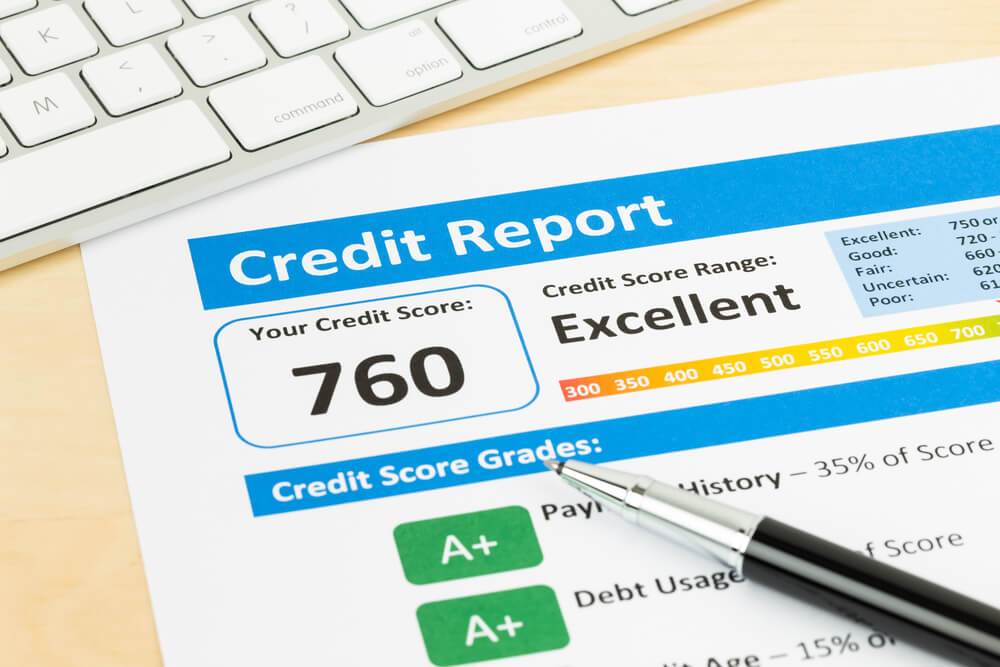Credit affects every part of our lives. Not everyone has piles of cash just sitting around to cover larger purchases. So most of us rely on credit to cover smaller purchases daily. The daily usage coupled with not paying the balance off can lead to a little debt. This debt and how we manage it affects our credit score. My goal is to help you better understand credit. Without understanding credit and knowing how your score is calculated, you can quickly head down the wrong path to unwanted debt. Here are the 5 components of your credit score and things you should take a look at so when the time comes, you can easily qualify for that home loan.
The 5 Components of Your Credit Score
1. Payment History – Every time you make a payment on a credit card, mortgage, car note or any other credit you have, it is recorded. Your payment history makes up 35% of your credit score. It is VERY important to make payments on time. Small missed payments here and there can knock your score down a significant amount of points. Try to avoid late payments by all means. It can make or break your chances of getting a mortgage when the time comes.
2. Credit Utilization – Credit utilization is the amount of money that you currently owe across your available credit accounts. In other words, it’s the amount of credit you are using in relation to the amount of credit you have available. Utilization makes up about 30% of your credit score. Since utilization makes up that large of a percentage of your score, you want to make sure to keep it fairly low. You will be doing yourself a huge favor by keeping you credit utilization under 30%. This means that if you have a credit card with a $2000 limit, you want to keep your balance under $700. At times it may get over this amount, but in order to increase your score, you want to pay it down to around this 30% level.
3. Age of Credit – How old is your credit? The older your credit is, the better. The age of your credit makes up about 15% of your score. Creditors want to see if you have been responsibly handling your credit for several years. So don’t be quick to close old credit card accounts. The closing of the account to drop your available credit ultimately drops your score.
4. Inquiries – Like credit type, inquiries only make up 10% of your score. Inquiries come from companies pulling your report to see if you are credit-worthy enough for them to loan you money. Too many inquiries can drop your credit score. A single inquiry here and there isn’t bad. It’s times like applying for a mortgage loan when you HAVE to have it pulled. Just make sure you aren’t just pulling it for no reason.
5. Credit Type – The type of credit only makes up 10% of your score but it’s still something you should pay attention to. It’s great to have a mix of different accounts to keep a diverse report. The accounts can include credit cards, auto loans, mortgage loans, personal loans and even rent payments.
Keeping track of these 5 components of your credit score is a great way to keep it high and healthy. When it comes time to apply for a mortgage loan, these are a few of the things that we look at. You have to have at least a 580 FICO score to qualify for a FHA 3.5% down loan and at least a 620+ FICO score if you want to use a down payment assistance program to cover all of your down payment. If you’d like, let’s talk to see if we can get you qualified. It can take as little as 15 minutes of your time.




